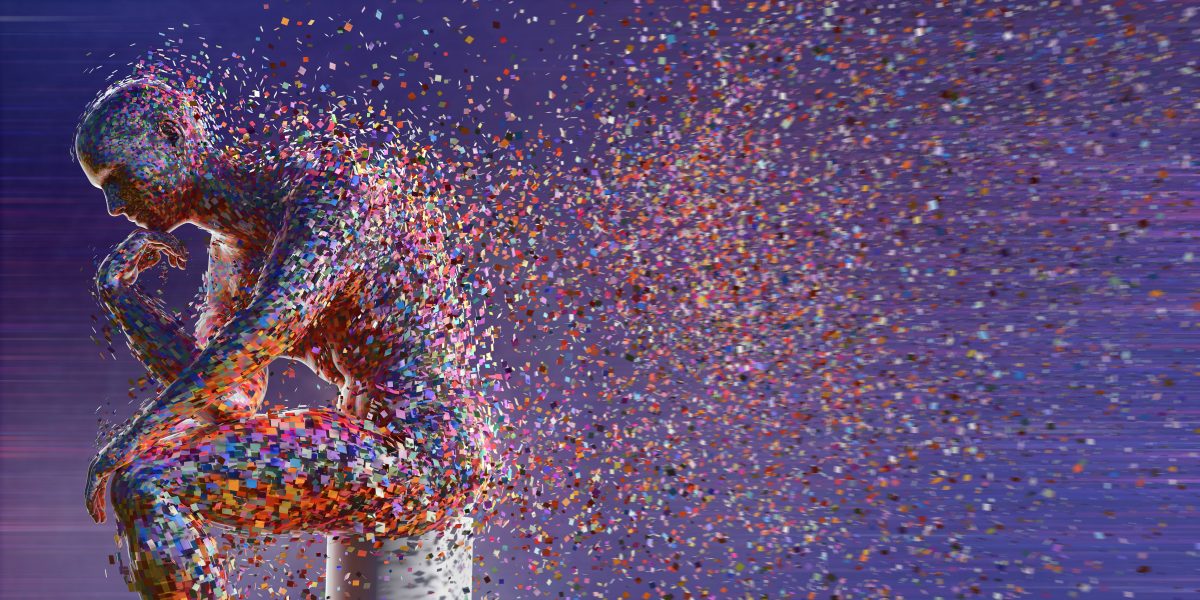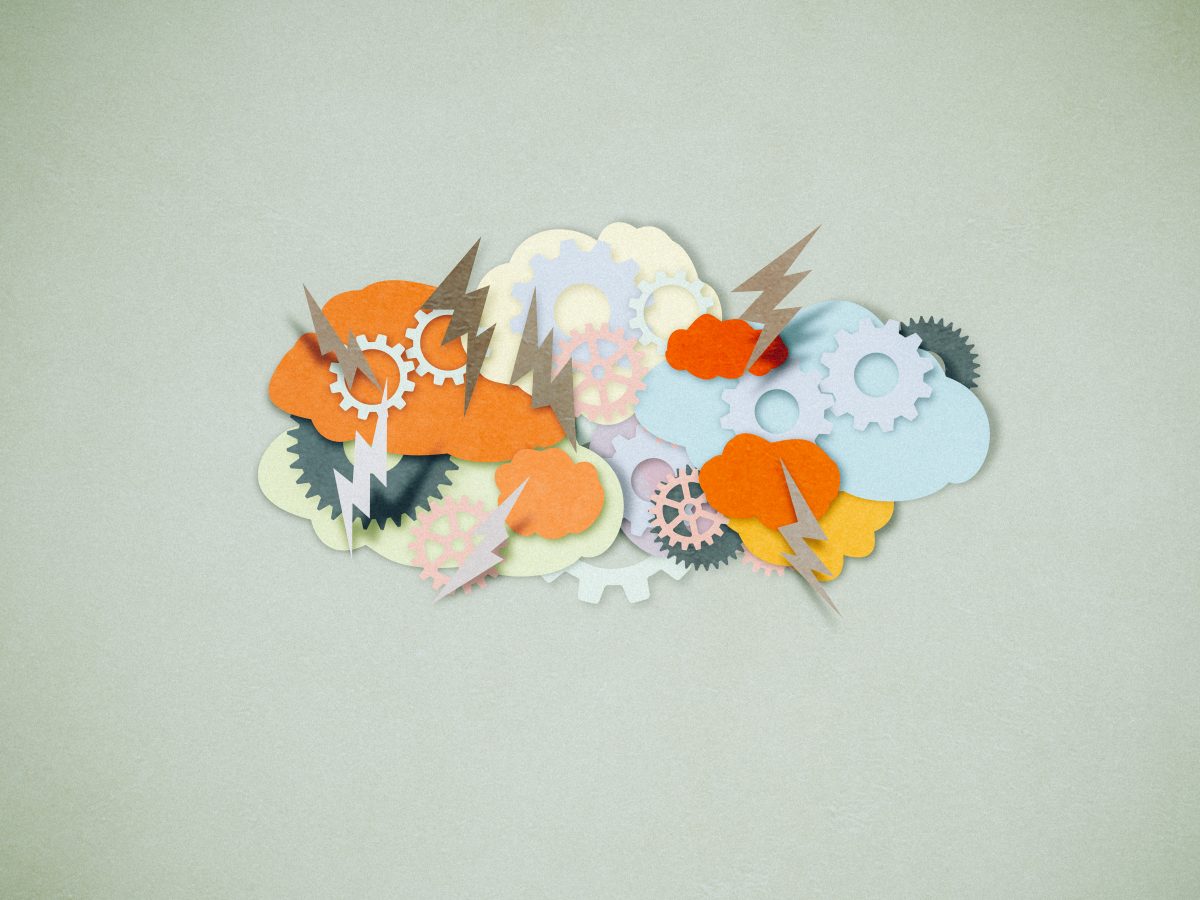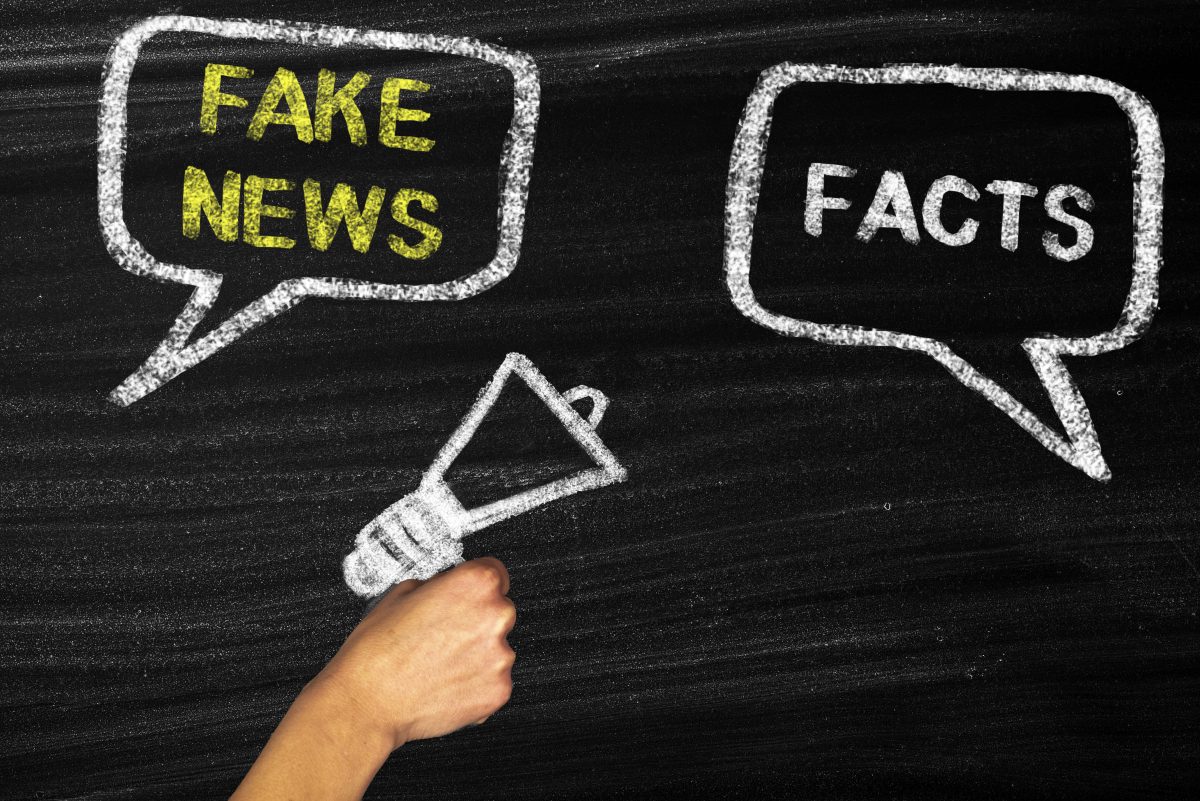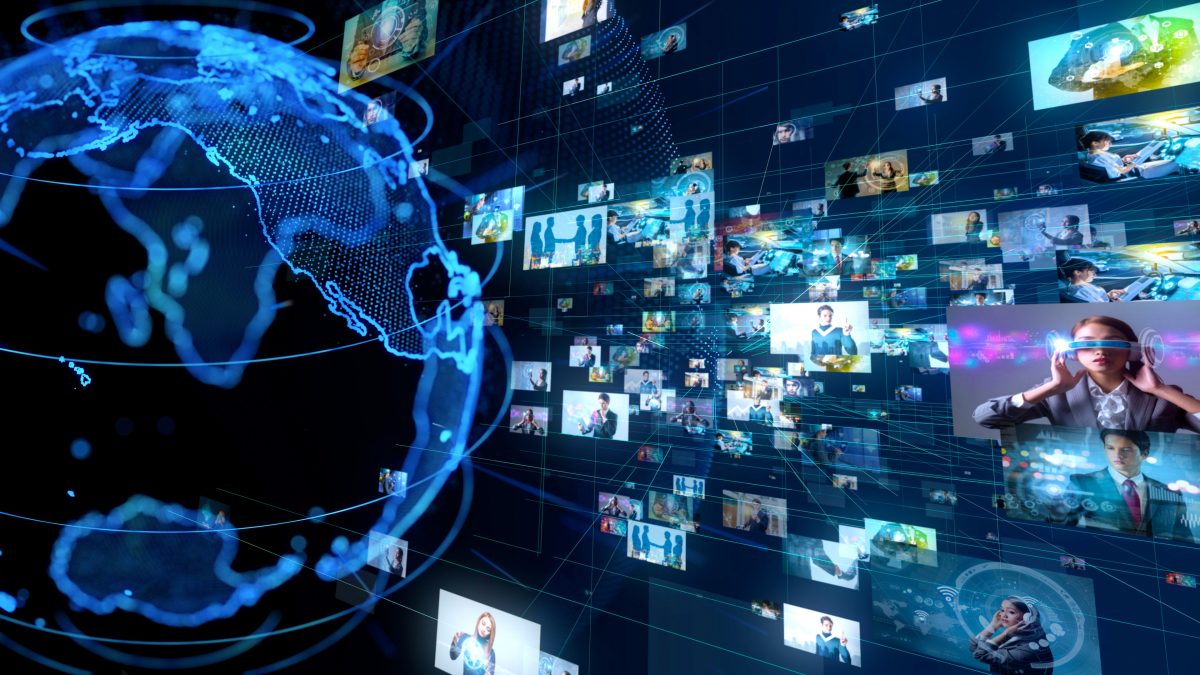Looking to the future, we should investigate possibility and question the impossibility.
Digital brings both amazing opportunities and risk to humanity, which need to be carefully managed. Humanity is evolving as we become more and more ‘digitally human’. What will the attributes of a typical human being be in 2030? With digital progressing at such a rapid rate, the impact on social, economic, lifestyle, health and other aspects of human-beings is evolving too. We are on a superhighway and must remain agile. In order to innovate for the future, we need to understand the lifestyles, opportunities, challenges, desires, needs and circumstances of people in 2030. This requires understanding of several different disciplines, a look into how digital and other technological advancement will transform progress in key areas such social, medical, retail, employment, political and the workplace, for example.
Collaboratively strategic and innovative thinkers, as well as subject matter experts can create profiles or a group of profiles of the typical human-being in 2030. Through this understanding of human beings, innovators and organisations, can align their roadmap to fit their audience early. In doing so, they can align their business, services and products, and the marketing, communication and delivery of their products and services to fit the needs of their audience. Lessons learned from history, are great at helping us to ensure we avoid future mistakes, and thankfully we are in an information era, where we have a catalogue of knowledge and experience at our fingertips. Looking to the future, we should investigate possibility and question the impossibility. However, in order to steer our journey in the right direction, we must have a vision of where we are heading or where we would ideally like to be in both the near and long-term future.
About the Author
Deborah Collier, strategic educational and business leader, has worked with, implemented, researched, developed strategies, advised and written about digital for 20-years. She has been heavily active on social media, and defined a concept she named the “Content Social Symbiosis” which also features in the courses she and her teams developed over the years. President, Founder at Digital Skills Authority, Deborah is a global keynote speaker, futurist leader and digital philosopher, and has investigated, spoken publicly and taught others about Digital Ethics – in particular digital’s impact on humanity.








